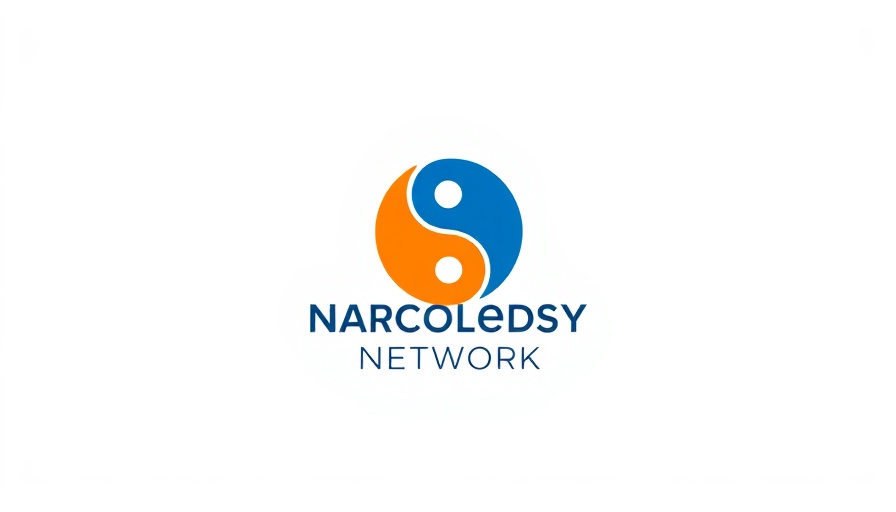
Understanding the Impact of Sleep Disorders
Sleep disorders, particularly sleep apnea, are prevalent yet frequently overlooked in the realm of healthcare. A recent study from the University of Michigan has shed light on the significant implications that poor sleep health can have on women's mobility. Lead researcher Dr. Daniel Whibley highlights a crucial correlation: women experiencing chronic health conditions such as diabetes or arthritis are at a heightened risk of mobility decline when they also suffer from poor sleep.
Why Sleep Health Should Be a Priority
With around 13% of the U.S. population facing mobility issues, understanding the interplay between sleep quality and physical function is vital. Dr. Whibley stresses the need for sleep health to be regularly assessed in healthcare settings, as effective intervention strategies could alter the quality of life for many individuals. Poor sleep not only causes fatigue but elevated inflammation levels and pain, which can drastically affect coordination and gait.
Sleep Apnea: The Hidden Culprit
The study pointed out that sleep apnea is a particularly strong predictor of a rapid decline in mobility. Many individuals with this condition remain unaware of their long-term health implications. Recognizing symptoms such as loud snoring or observed interruptions in breathing can be the first step towards treatment and, ultimately, improving mobility.
The Broader Impacts on Daily Living
Mobility issues stemming from poor sleep have profound effects on individuals’ independence. As simple tasks like walking or climbing stairs become more strenuous, the risks of falls accumulate, leading many to a decreased quality of life. This connection reveals a deeper understanding that efficiency in managing health isn’t solely tied to physical fitness or nutrition but significantly involves mental and emotional well-being — areas nurtured through sufficient, restorative sleep.
Encouraging Proactive Healthcare
For executives and entrepreneurs, this study serves an even greater purpose: highlighting the importance of combining health, sleep, and productivity. High stress levels are often a catalyst for poor sleep habits, which in turn aggravate mobility and overall productivity. Implementing effective sleep strategies can lead to enhanced focus and energy levels during demanding work hours.
Identifying Effective Solutions: Practical Steps
To combat issues associated with sleep disorders, consider these actionable insights:
- Establish a Sleep Routine: Maintaining a consistent sleep schedule can help regulate your body’s internal clock.
- Create a Sleep-friendly Environment: Optimize your bedroom for comfort, ensuring that it is dark, quiet, and cool.
- Limit Screen Time: Engage in relaxing activities like reading a book or meditating before bed instead of using electronic devices.
- Seek Professional Help if Needed: If you suspect sleep apnea or another disorder, consult a healthcare provider for assessment.
Future Directions for Research and Health Improvement
Dr. Whibley suggests more research is needed to explore how sleep disorders affect men and various racial and ethnic groups, opening doors for a broader understanding of these health disparities. As we push forward, integrating sleep assessments into routine medical examinations can pave the way for innovative strategies to enhance mobility and overall well-being among diverse populations.
Conclusion: The Path to Well-being Starts with Sleep
Recognizing and addressing sleep disorders is imperative for maintaining not only your health but your productivity levels as well. By understanding the critical connection between sleep and mobility, individuals can tackle their health challenges more effectively, ensuring a better quality of life. Prioritize your sleep, and empower yourself to lead a more enriched life both personally and professionally.
 Add Row
Add Row  Add
Add 




Write A Comment